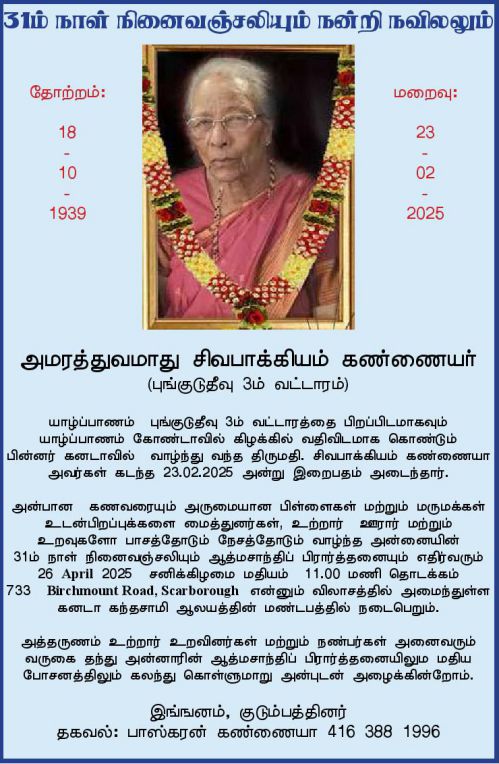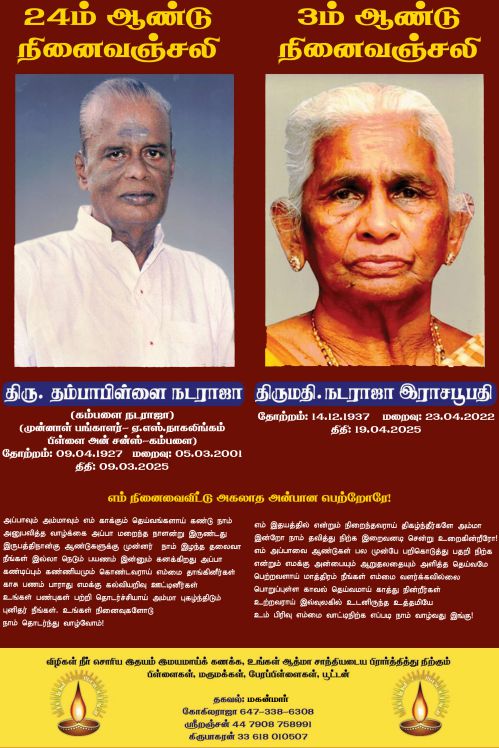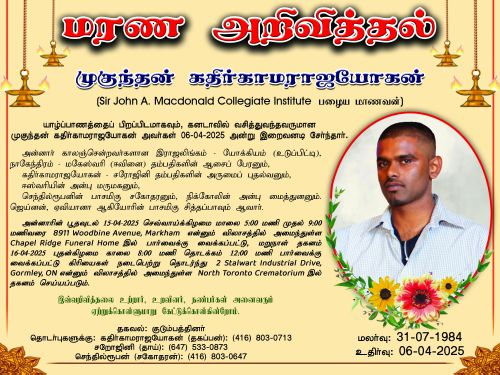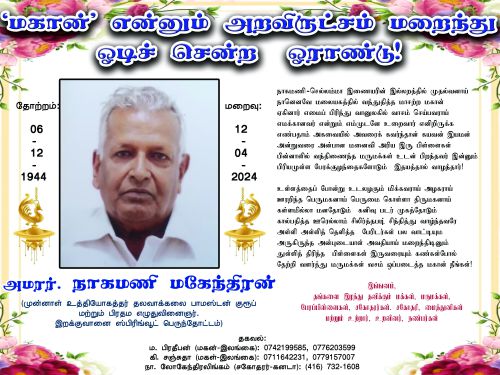Continued from last week ………………..
H. N. G. Fernando, C.J.
“Afterwards, the Ordinance No. 5 of 1835, (which was allowed and confirmed by Her Majesty) repealed parts of the said proclamation, but expressly reserved and retained so much of it as doth publish and declare that ‘ the administration of justice and police within the settlements then under the British dominion and known by the designation of the maritime provinces should be exercised by all the courts of judicature, civil and criminal, according to the laws and institutions that subsisted under the ancient Government of the United Provinces.’1 Bam. p. 316.
“The Ordinance of 1835, itself expressly re-enacts this, and it uses the following words, ‘which laws and institutions it is hereby declared are and shall henceforth continue to be binding and administered through the said maritime provinces and their dependencies, subject nevertheless to such deviations and alterations as have been or shall hereafter by lawful authority be ordained.’
“We humbly consider that by these declarations of the royal will, Her Majesty’s subjects in this island, who had or might have any money due to them from the local Government for wages, for salary, for work,
for materials, in short for anything due on an obligation arising out of contract, were permitted to retain the old right given by Roman Dutch Law to sue the advocate of the fiscal, now styled the Queen’s Advocate,
for recovery of their money. And if the present plaintiff could have shown that any money was due to him under his colonial appointment as Galle post-master, he might have maintained this action. He might have done so in respect of salary due for any period during which he actually served, and also in respect of the further period for which he, still holding the appointment de jure, was ready and willing to serve, but was prevented from serving by the wrongful act of his employer.”
This statement of the law of Ceylon cannot be regarded as being merely obiter. It is clear that, if any salary earned by the plaintiff prior to the date of his dismissal had not in fact been paid to the plaintiff, the Court
would have given judgment for the plaintiff for the unpaid amount; this on the basis that a right to sue for salary had existed under the Roman-Dutch Law.
The general question of the right of the subject in Ceylon to sue upon a contract with the Crown was considered in the case of Jayawardena v. Queen’s Advocate1. The Court there stated that “the right to sue the Crown in the person of the Queen’s Advocate for claims arising ex contractual has not only been upheld by the Courts of the Colony, but has been recognized by the Legislature in several enactments Reference
was thereafter made to Ordinances No. 9 of 1852, No. 7 of 1856 and No. 11 of 1868, all of which contemplated the possibility of suits upon contract by private parties against the Queen’s Advocate. There followed the following observations: — “Under these circumstances, we think it too late, at this day, to contest in this Court the validity of this practice. We are bound by the previous decisions of this Court, particularly by the considered decision of the Collective Court in the case of Fraser v. The Queen’s Advocate. To hold at this date, for the first time, that a practice, which has so long been sanctioned by the Courts and acquiesced in by the Government, is bad in law, and cannot be sustained, would necessarily create widespread confusion and inconvenience, practically amounting in many cases to injustice. If the precedents and decisions upon which this Court acts are wrong, it must be left to the Court of appeal to set us right. 1 4 S. C. Circular 77. H 9733 (12/87) 126
It was urged by the Queen’s Advocate that the practice of suing the Crown is an attempt to impugn the royal prerogative, by virtue whereof no suit or action can be brought against the sovereign; and such, no doubt, it would be if the prerogative has not been waived in this respect. This Court in Fraser’s case humbly expressed an opinion that it had been so waived, and we humbly venture to share that opinion. It should be observed that the question is, after all, one purely of procedure. If a judgment be obtained against the Queen’s Advocate, no execution can issue either against the Queen’s Advocate personally or against the Crown. See Marshall, p. 75; Thomson’s Institutes, p. 12. A judgment in an action or suit ex contractual against the Queen’s Advocate gives little, if anything, more than a successful petition of right would do in England. It is merely, as it appears to us, a mode of procedure by which a subject is able to prefer and substantiate his claim against the Crown. Compliance with the claim when substantiated must still be, as we take it, a matter of grace.
Petitions of right are now in England prosecuted as ordinary actions; and as a matter of convenience, we see no objection to parties preferring their claims against the Crown here in the form of a suit against the Queen’s Advocate.”
The learned Acting Attorney-General in his argument before us suggested that Fraser’s case, while rightly deciding that the Crown could be sued upon a contract in Ceylon, was wrong in basing the decision on the Roman-Dutch Law. He further argued on the authority in the concluding passage cited above from Jayawardena ’s case that the waiver of immunity from suit by the Crown in Ceylon consisted merely of the acknowledgment of a right to sue the Crown in lieu of the right under English Law to proceed by way of a petition of right. His argument, in my opinion, gains support from the observation in Jayawardena ’s case that a suit ex contractual against the Queen’s Advocate appears to be merely a mode of procedure by which the subject is able to prefer his claim, and is thus the equivalent of the English Petition of Right.
Shortly after Jayawardena ’s case, there was decided in the Privy Council the case of Siman Appu v. Queen’s Advocate 1, in which it was held that a suit upon a contract can be instituted in Ceylon against the Queen’s Advocate as representing the Crown. Their Lordships considered the question whether the Roman Dutch Law entitled a subject to sue an Officer of Government on behalf of the Government. The note of the argument of Counsel in that appeal shows that Fraser’s case (as reported in Creasey’s Reports p. 10) and Jayawardena ’s case (incorrectly cited as Fernandez v. The Queen’s Advocate) were considered in the discussion of this matter. But their Lordships concluded their consideration of the question with these observations:
“There certainly seems no more antecedent reason why the Counts of Holland should be exempted from suit through their officers than (1 9 App. Cases p. 571.127) existed for the exemption of the King of Scotland. And though it is very likely that whilst great potentates, like the Dukes of Burgundy and the Kings of Spain, were Counts of Holland, it would not be very safe to sue them, yet when the United Provinces became independent, suitors might find themselves more favourably placed.” (To be continued…)


































